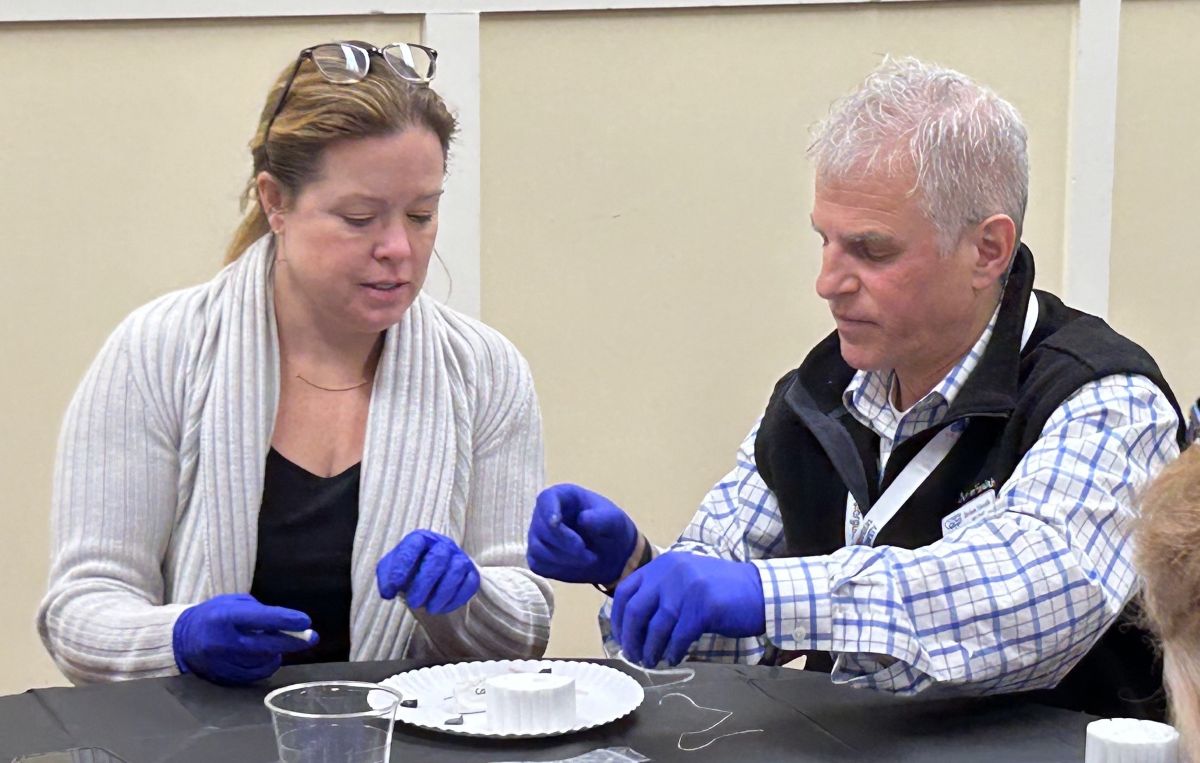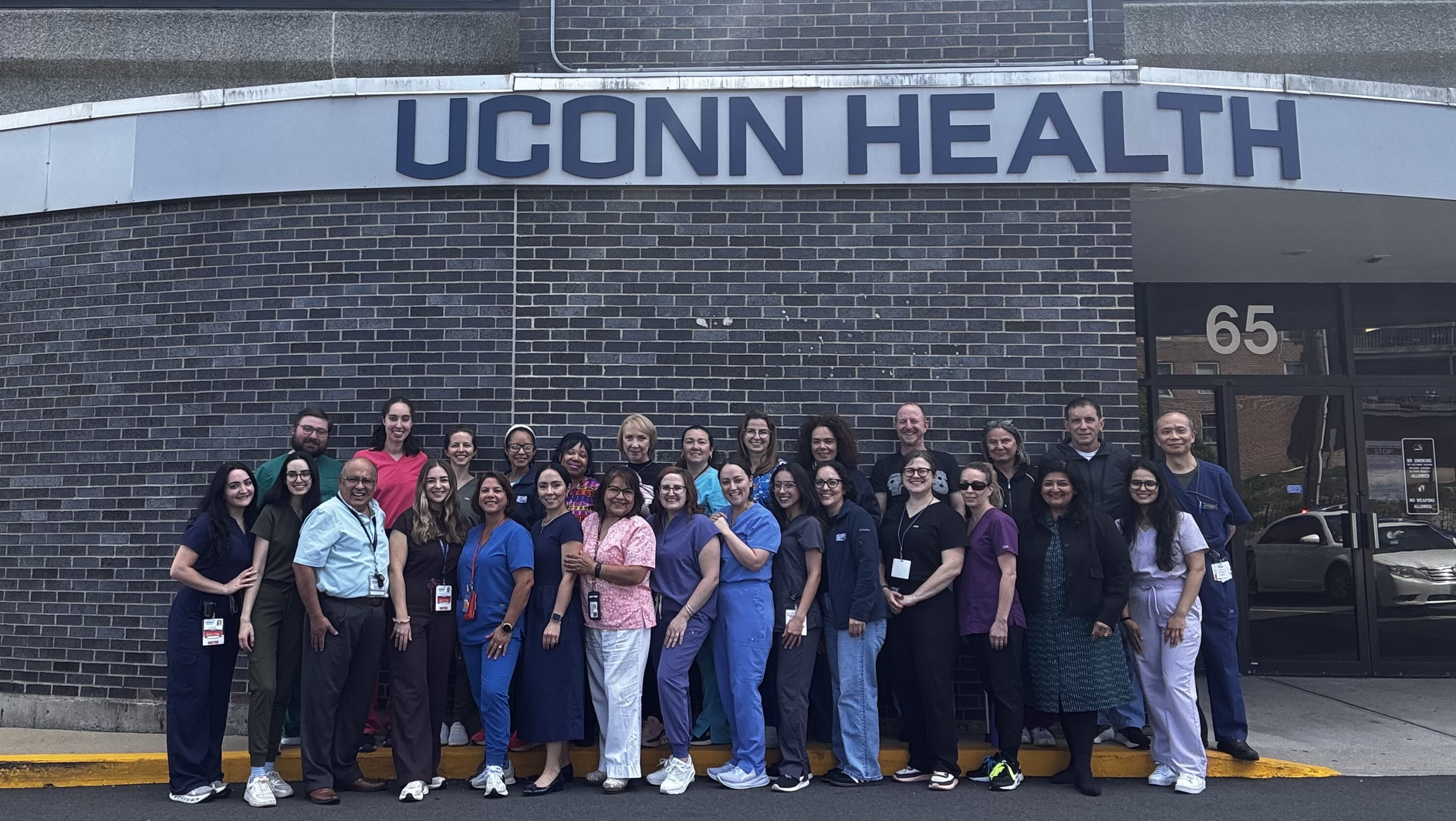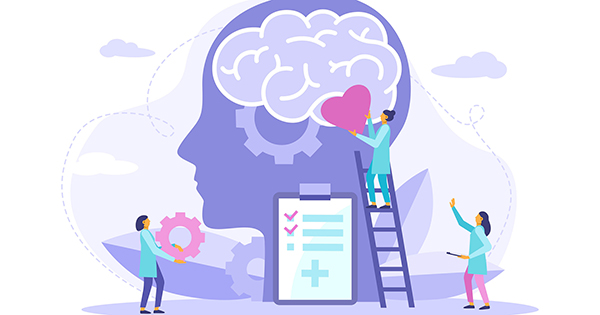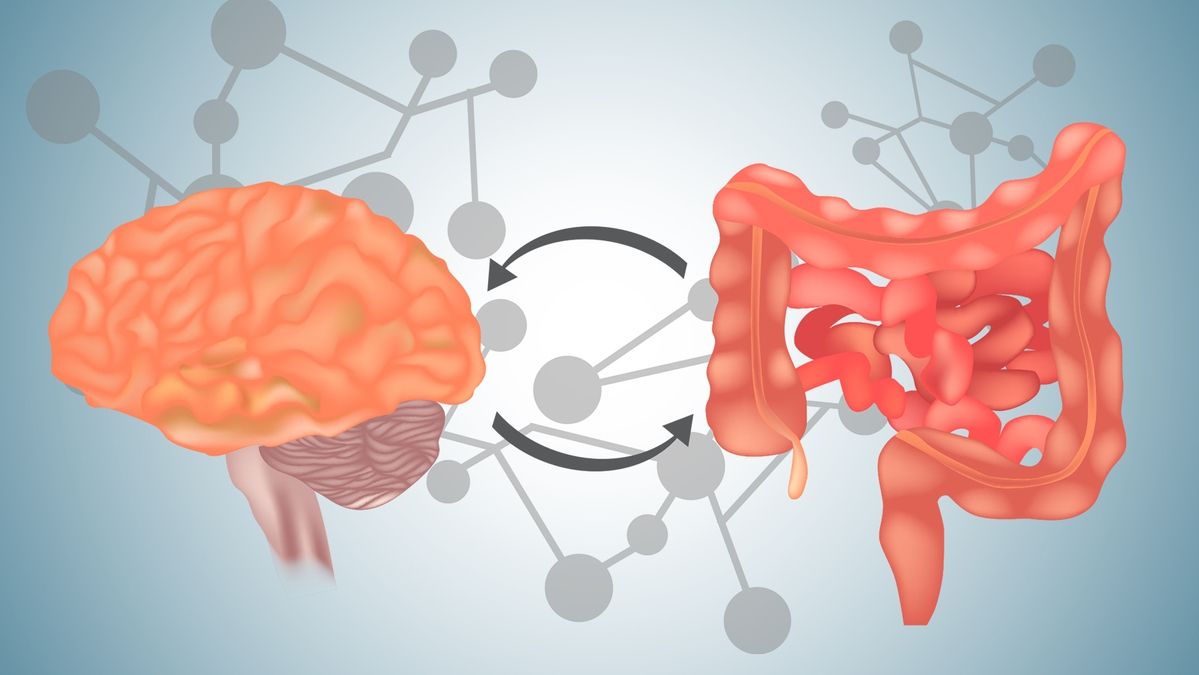The advent of virtual reality (VR) technology has opened up new avenues for healthcare applications. A promising area of exploration is the use of VR as a tool to modulate the gut-brain connection and manage gastrointestinal (GI) symptoms. This innovative approach has captured the attention of healthcare professionals and the public alike, with Dr. Brian Lacy from Mayo Clinic set to discuss this topic at the upcoming Cedars Sinai Virtual Medicine conference.
Unraveling the Gut-Brain Connection
The gut-brain connection is a complex and intricate system that influences our GI health. It is a bidirectional communication network that links the emotional and cognitive centers of the brain with peripheral intestinal functions. Emerging research suggests that this connection plays a crucial role in the manifestation of GI disorders, including irritable bowel syndrome (IBS).
Studies have shown that stress and anxiety can exacerbate IBS symptoms, while a healthy gut has been linked to a positive mood. This highlights the need for interventions that can address both the physical and psychological aspects of GI disorders, and this is where VR comes into play.
The Role of Virtual Reality in Managing GI Symptoms
Virtual reality is being explored as a potential non-pharmacological intervention to improve the gut-brain connection for managing GI symptoms. By creating calming and relaxing experiences, VR can potentially alleviate symptoms such as bloating, pain, and discomfort associated with GI disorders.
Research has found that VR interventions can be effective in reducing GI symptoms and improving the quality of life for patients. For example, in a study where participants with IBS used VR therapy, they reported reduced pain and symptoms post-intervention. This suggests that VR has the potential to improve patient outcomes, offering a novel approach to managing GI disorders.
Virtual Reality and the Future of Healthcare
The potential of VR in treating GI symptoms extends beyond just symptom management. The technology’s ability to regulate the gut-brain connection could also potentially influence GI health overall. As our understanding of the gut-brain axis expands, so too does the potential of VR interventions in healthcare.
With approximately 60% of tickets for the Cedars Sinai Virtual Medicine conference already sold, it is evident that the use of VR in healthcare is a topic of high interest. As we continue to explore and understand the potential of VR for managing GI symptoms, we may be on the cusp of a healthcare revolution.
While further research is needed to fully understand and harness the potential of VR in healthcare, the initial findings are promising. By addressing both the physical and emotional aspects of GI disorders, VR interventions could bring about a more holistic approach to healthcare, improving patient outcomes and quality of life.
link







More Stories
Bangalore Gastro Centre Hospitals Revolutionizing Digestive Healthcare in Karnataka
Gastrointestinal side effects of incretin-based obesity management medications: insights from healthcare professionals and patients’ experiences
Association between gastrointestinal symptoms and insomnia among healthcare workers: a cross-sectional study